

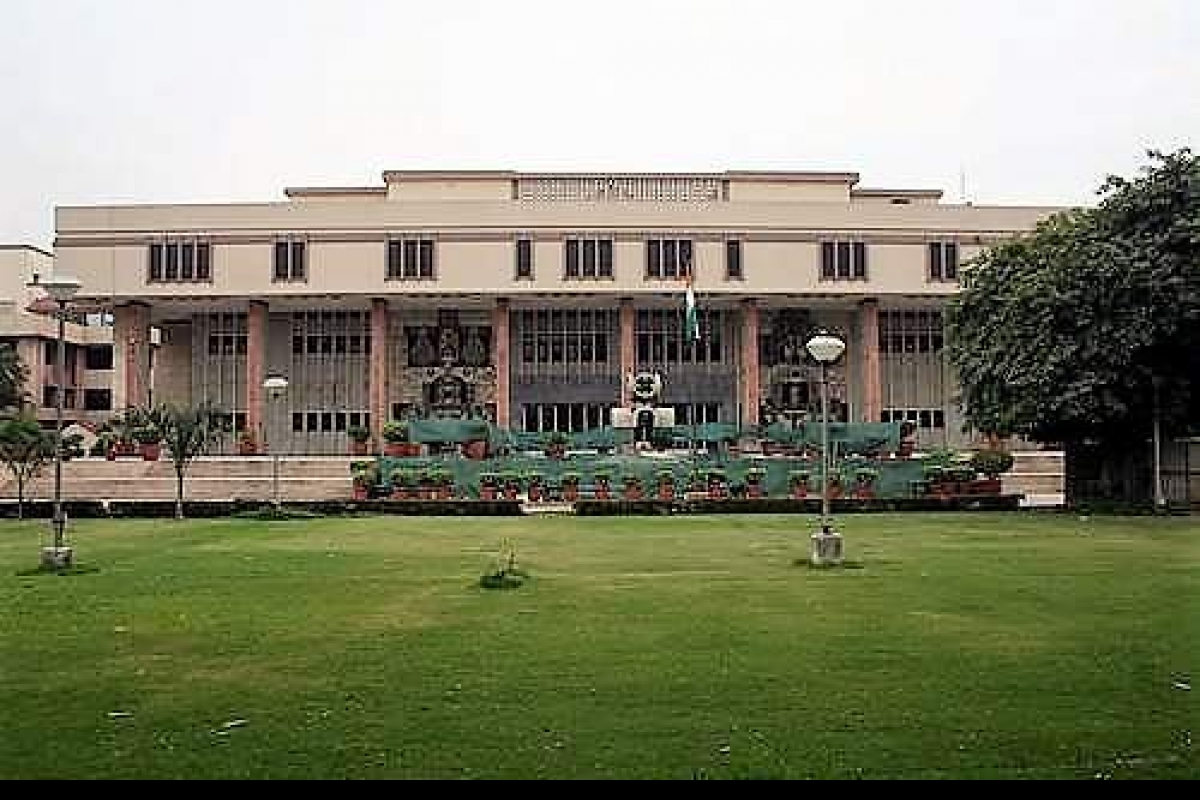
The Aam Aadmi Party (AAP) has been given a new address by the Central Government following the Delhi High Court's orders. Bungalow No. 1, Ravi Shankar Shukla Lane, New Delhi has been allotted as the new headquarters for the Arvind Kejriwal-led party. This came after the Delhi High Court ruled that AAP is entitled to use a housing unit from the general pool until a permanent land is allotted for construction. The court has directed the Centre to decide on AAP's representation within six weeks. With the Supreme Court's order to vacate their current office by June 15, AAP now has a new address to call home.
AAP Gets New Address Amidst Pollution Dispute and Electoral Battles
The Aam Aadmi Party (AAP), led by Arvind Kejriwal, has been assigned a new address by the Central Government following a Delhi High Court ruling. The party's headquarters will now be located at Bungalow No. 1, Ravi Shankar Shukla Lane, New Delhi.
Background
The previous AAP office, located in Rouse Avenue, had been allotted by the Delhi Development Authority (DDA) in 2014. However, in 2019, the Ministry of Urban Development (MOUD) sought to evict AAP from the property, claiming it was meant for residential purposes.
AAP challenged this decision in court and the Delhi High Court ruled in their favor, stating that the party was entitled to use a housing unit from the general pool until a permanent land was allotted for construction. The court directed the Center to make a decision on AAP's representation within six weeks.
New Address and Political Significance
The new AAP headquarters is located in the heart of the national capital, close to Parliament and government offices. This move could be seen as a symbolic victory for the party, which has been at odds with the Bharatiya Janata Party (BJP) over a number of issues, including pollution and electoral battles.
AAP has been vocal in its criticism of the BJP-led Central Government's handling of the air pollution crisis in Delhi. The party has also opposed the BJP's policies on education, healthcare, and employment.
Top 5 FAQs and Answers
1. Why did AAP have to vacate its previous office? AAP was evicted from its previous office in Rouse Avenue after the Ministry of Urban Development claimed it was intended for residential use.
2. What was the Delhi High Court's ruling? The Delhi High Court ruled that AAP was entitled to use a housing unit from the general pool until a permanent land was allotted for construction.
3. Why is the new AAP address significant? The new AAP headquarters is located near Parliament and government offices, giving the party greater proximity to the center of political power.
4. What are the current political battles between AAP and BJP? AAP and BJP are at odds over a number of issues, including pollution, education, healthcare, and employment.
5. What is the future of the AAP-BJP rivalry? The AAP-BJP rivalry is expected to continue in the upcoming assembly elections in Delhi and other states. The outcome of these elections will have a significant impact on the political landscape of India.
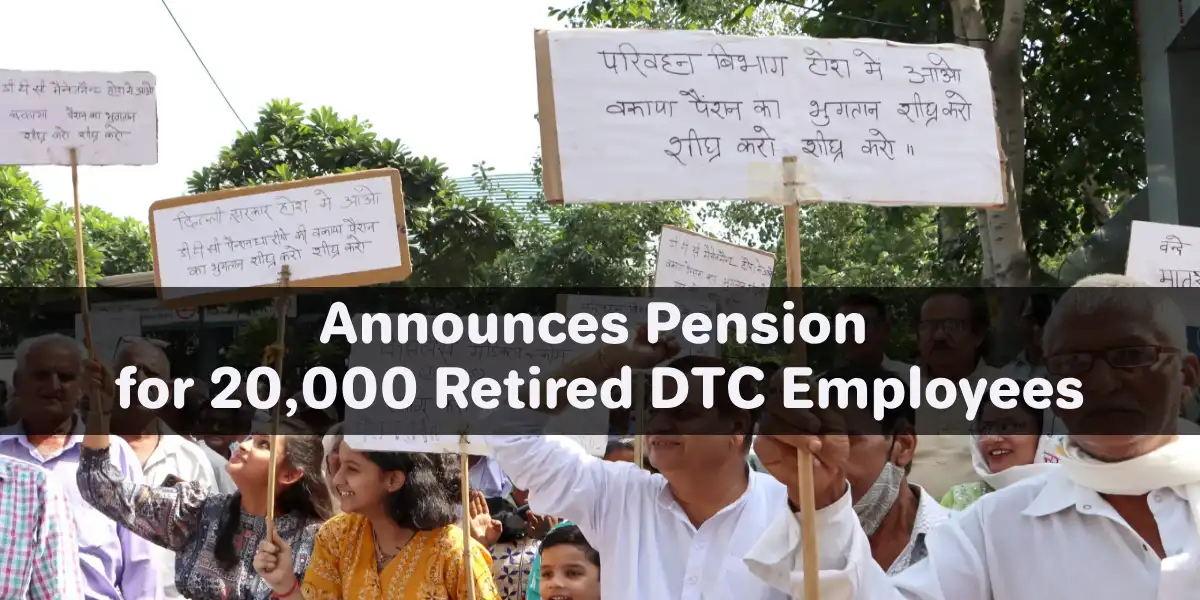
Delhi Chief Minister Arvind Kejriwal announced that the city government will be providing pension to over 80,000 new pensioners, and a total of 8,50,000 elderly citizens in the national capital. Kejriwal also highlighted the disparity in pension amounts given by the central and state governments, saying that a single engine government in Delhi provides higher pensions compared to a double engine government. He also mentioned that the pension for retired employees was stopped during his time in jail but has now been reinstated.
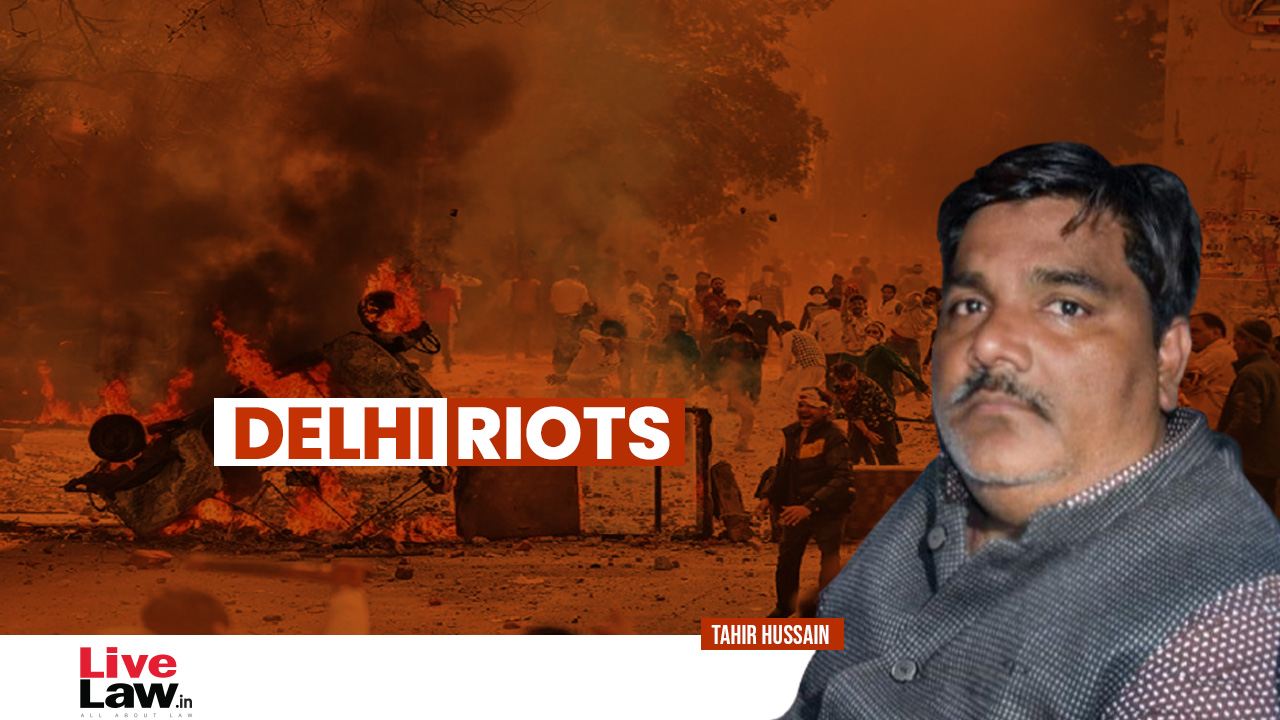
A Delhi Court issued notice to the Special Director of the Enforcement Directorate (ED) after the agency's counsel gave an "offensive" and "derogatory" response to a query. The court was hearing an application in a money laundering case filed by Karnataka Deputy Chief Minister D K Shivakumar, who was recently cleared by the Supreme Court. The judge also mentioned a previous case where the ED's counsel made a false submission and cited the high court mandate on not granting unnecessary adjournments. In a separate incident, two members of the 'Thak-Thak gang' were recently arrested by the Delhi Police.
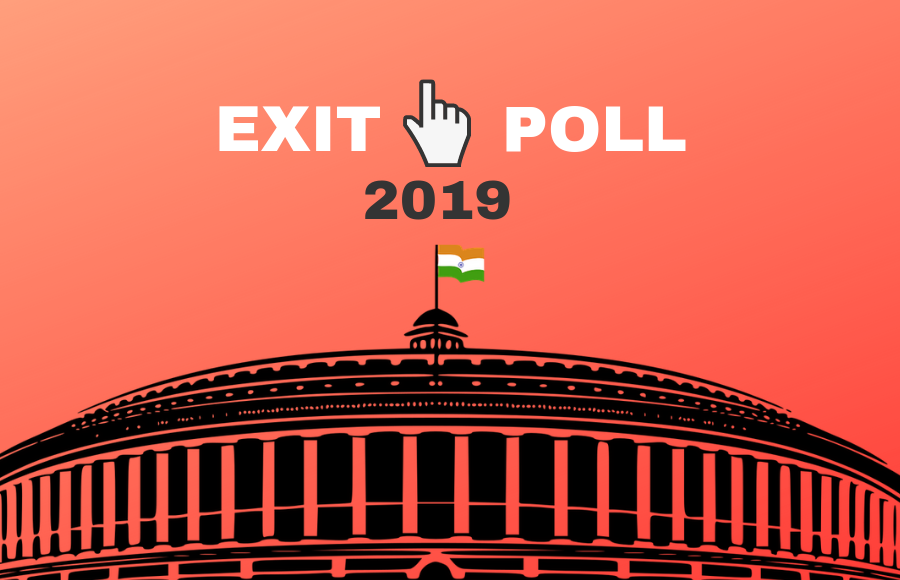
The recently concluded assembly elections in Maharashtra and Jharkhand have once again brought the accuracy of exit polls into question. These surveys, which aim to provide an idea about the voter's choice shift and expected results, have been plagued by inaccuracies in recent years. This article delves into the factors that contribute to inaccurate exit poll predictions, including sampling methods, voter honesty, and data analysis, using the 2019 Indian assembly elections as an example.
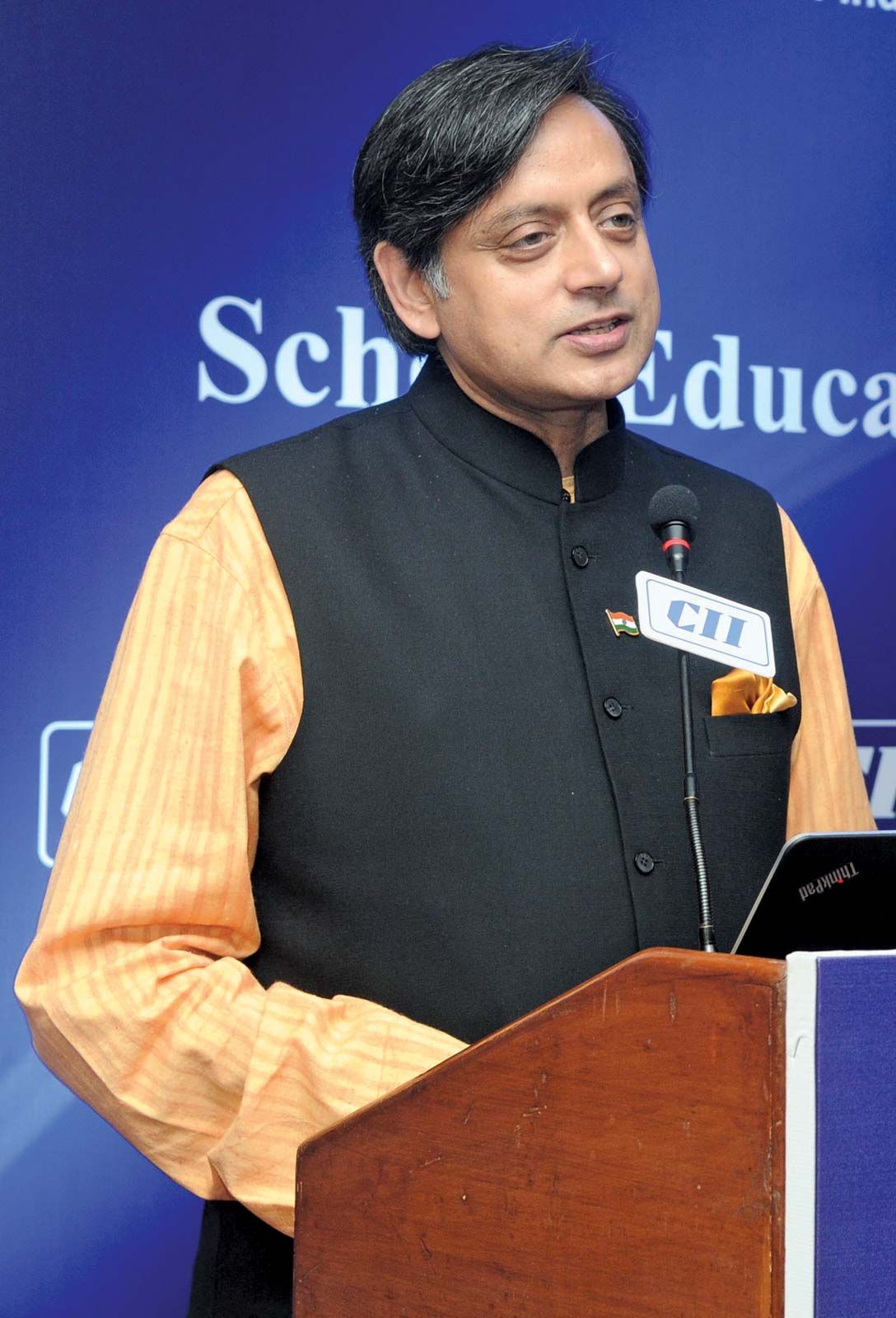
Congress leader Shashi Tharoor has slammed the central government for failing to address the alarming levels of air pollution in Delhi. Citing statistics showing Delhi as the most polluted city in the world, Tharoor expressed concern over the government's lack of action despite years of warnings. With the city's air quality reaching hazardous levels, Tharoor called for immediate measures to improve the situation.

The Supreme Court has granted four more weeks to the Centre to respond to Balwant Singh Rajoana's petition seeking commutation of his death sentence. Rajoana, a member of the militant Sikh separatist group Babbar Khalsa, was convicted in the assassination case of Punjab CM Beant Singh in 1995. The delay in deciding his mercy petition, which has been pending before the President for 1 year and 4 months, was deemed "shocking" by his lawyer. The court has adjourned the matter, with the Centre seeking more time to verify the status of the plea.
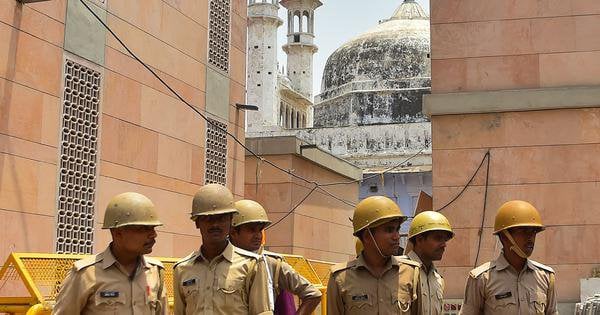
Police have filed seven FIRs in connection with the violent protests against the survey of the Shahi Jama Masjid in Sambhal, naming prominent Samajwadi Party leaders as accused. Three people were killed on Sunday, and one more person succumbed to their injuries on Monday as protesters clashed with security personnel. The district administration has imposed prohibitory orders and declared a holiday in all schools as a precautionary measure. A press conference by officials has confirmed the arrest of 25 people and efforts to identify others involved in the violence.
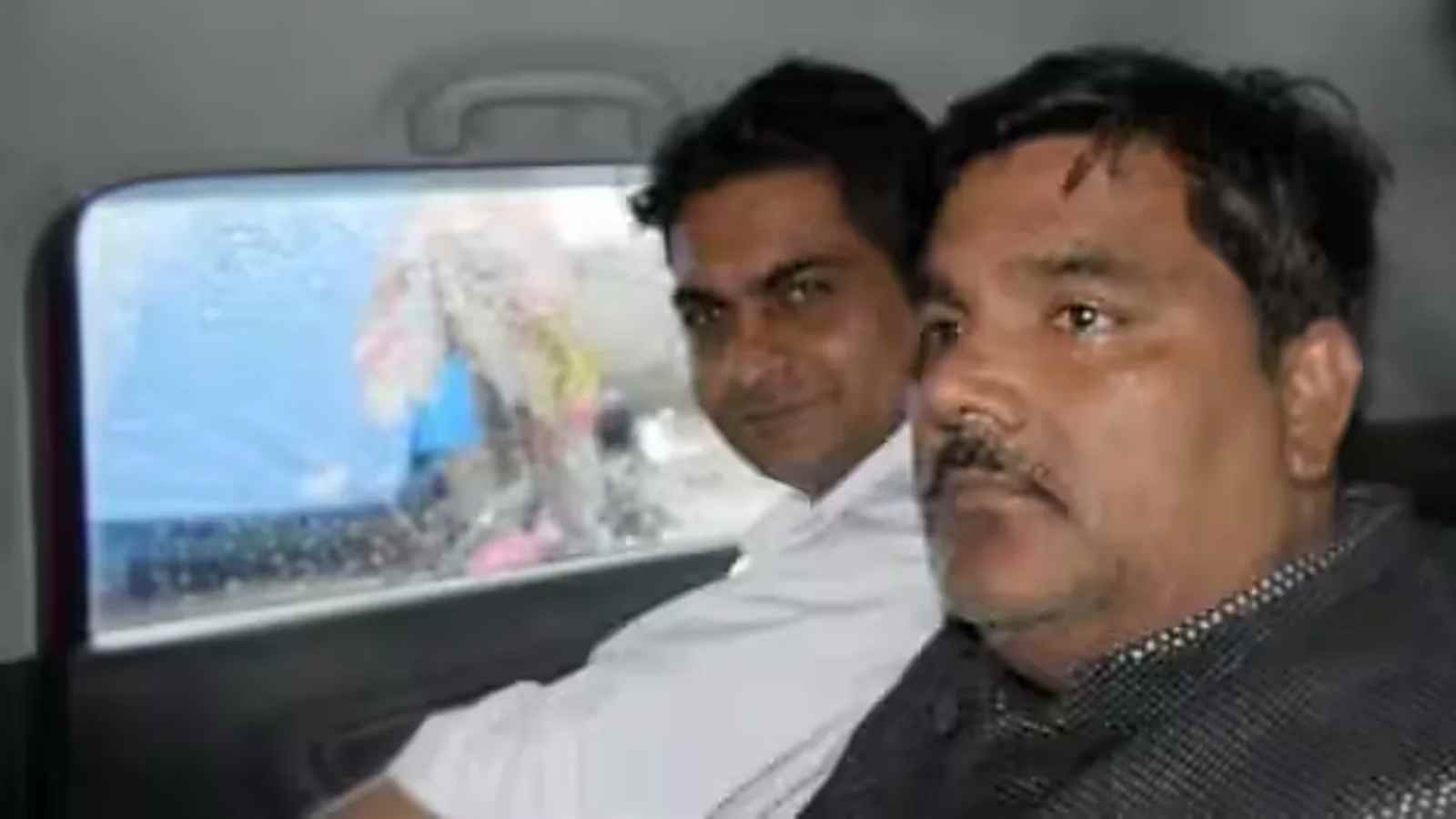
Yesterday, a Delhi court called the Special Director of Enforcement Directorate to appear in person after a counsel for the probe agency behaved offensively and disrespectfully towards the judge during a hearing for a money laundering case involving Karnataka Deputy Chief Minister DK Shivakumar. The judge felt that the agency's behavior was a threat to the court's dignity and issued a directive for appropriate action to be taken. This comes after an application was filed by an accused seeking the release of confiscated evidence. The ED, on the other hand, requested a 15-day adjournment leading the judge to record in the order about "higher-ups" exerting influence.
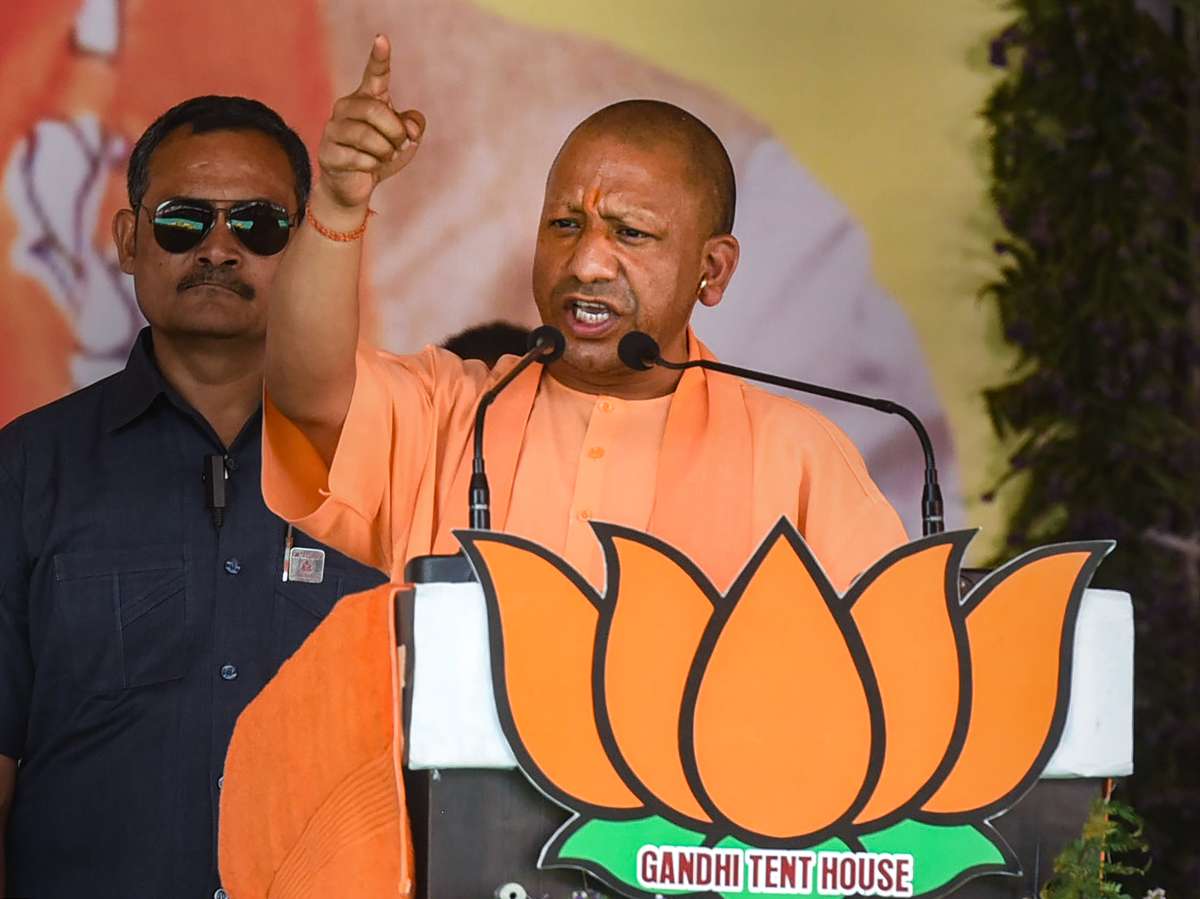
Uttar Pradesh Chief Minister Yogi Adityanath has made the decision to exempt the film 'The Sabarmati Report' from taxes in the state, joining several other BJP-ruled states in doing so. The film portrays the truth of the Sabarmati Express train burning incident in Gujarat and CM Yogi hopes more people can see it to understand the real narrative of the event. He congratulated the film's team for their efforts in exposing the truth and emphasized the need for such bold steps in exposing incidents that harm the nation and society. The screening was attended by top officials and lead actors, and the CM notably chose to sit in the last row of the multiplex during the show.
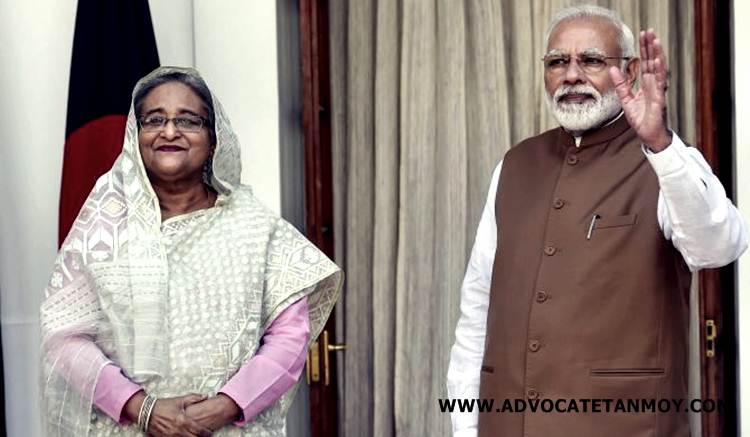
The recent announcement by Muhammad Yunus that Bangladesh's interim government will seek the extradition of former premier Sheikh Hasina from India has put the Indian government in a difficult position. With strained relations between the two countries and concerns over safety and stability, India must carefully weigh the pros and cons of complying with the request. This situation also raises questions about India's legal obligations and the potential impact on their relationship with Bangladesh's ruling parties.
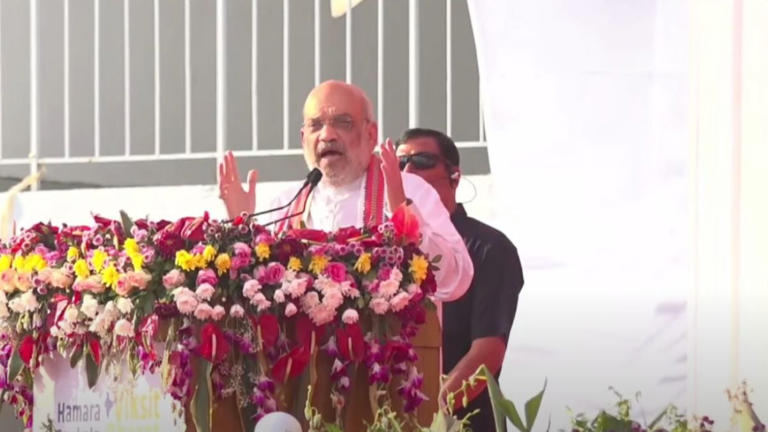
The Waqf (Amendment) Bill, which seeks to centralize government control over Waqf properties, has sparked debate and opposition from minority communities, civil society, and opposition leaders. As the Winter Session of Parliament approaches and the Joint Parliamentary Committee prepares to submit its report, all eyes are on whether TDP leader Chandrababu Naidu and JDU leader Nitish Kumar will support the government or the opposition. Amidst calls for more time for review, Union Home Minister Amit Shah has promised to pass the controversial bill, prompting further controversy and debate.